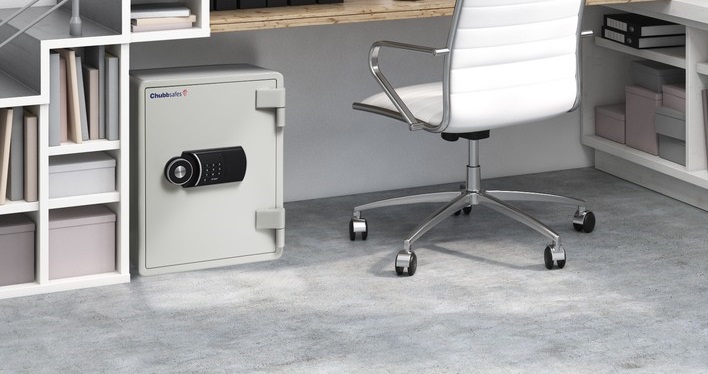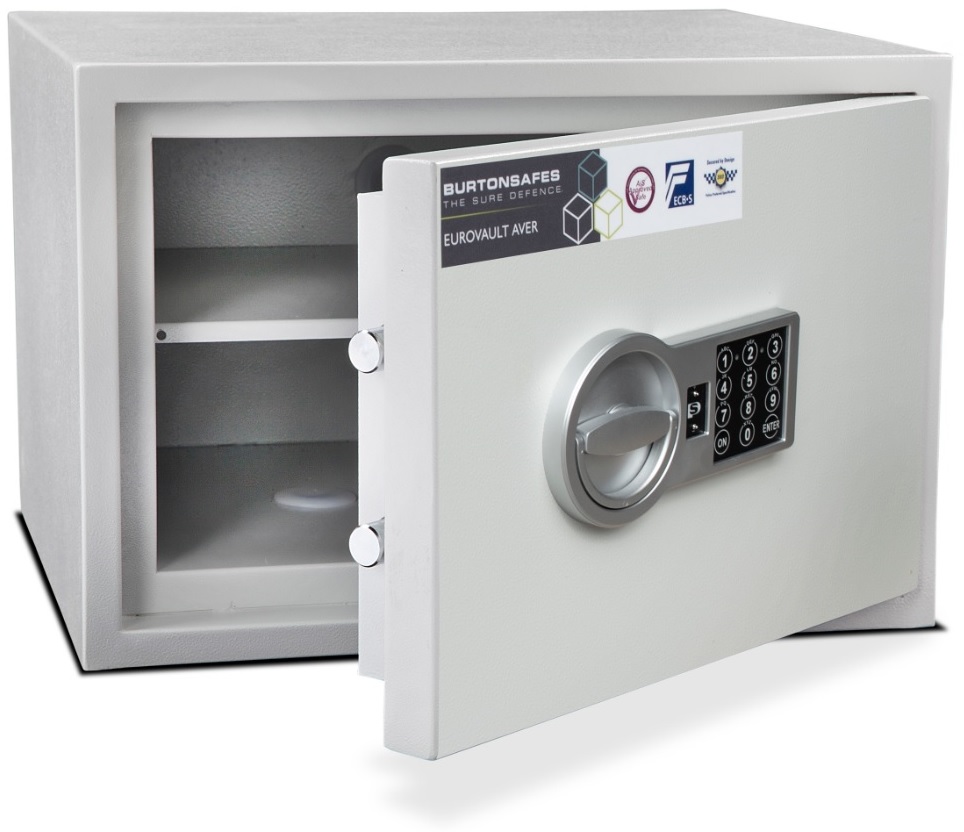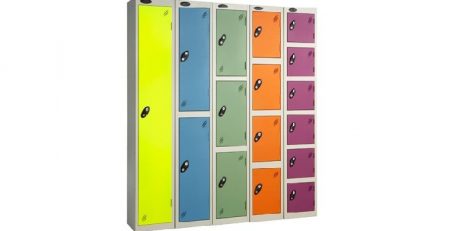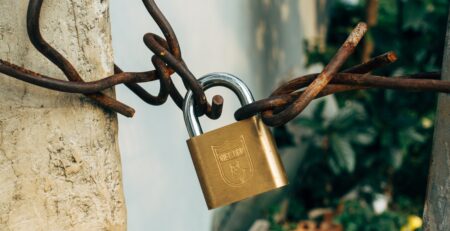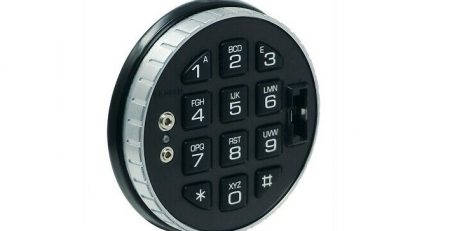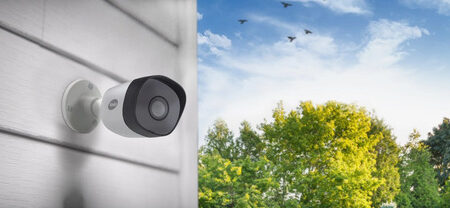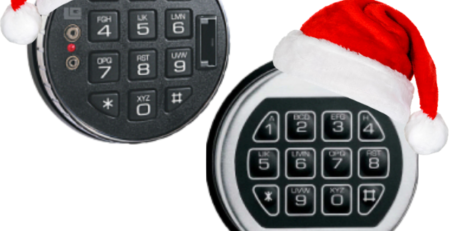What should I consider before buying a safe?
We usually receive calls from people interested in buying a safe either for insurance purposes or for their peace of mind. When considering the purchase of a safe, there are several factors you should take into account. Here are some important considerations:
- Security Level: Determine the level of security you need based on what you plan to store in the safe. Consider factors such as the value of your belongings, the level of protection required (e.g., fire resistance, theft deterrence), potential risks in your area, and the requested grade from your insurance company.
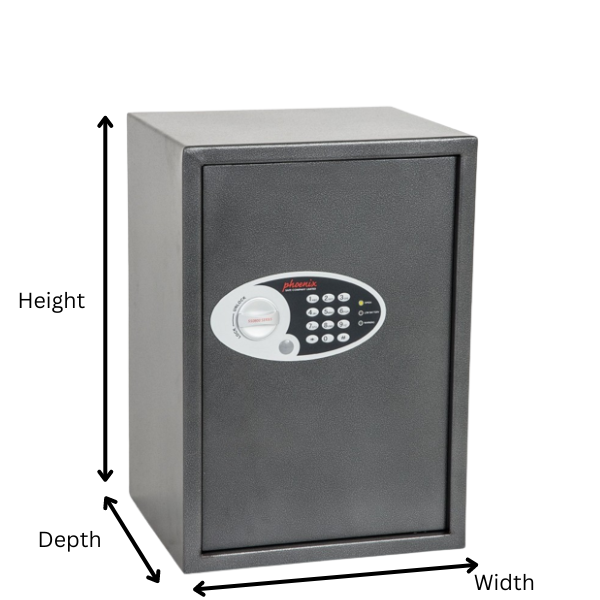
- Size and Capacity: Evaluate the size and capacity of the safe to ensure it can accommodate the items you intend to store. Consider not only the physical dimensions but also the internal storage space, shelves, compartments, or customizable options that may be required for your specific needs.
- Fire Resistance: If you plan to store important documents, cash, or valuables that are sensitive to heat, look for a safe with fire-resistant properties. Consider the fire rating, typically measured in minutes or hours, which indicates the safe’s ability to withstand high temperatures and protect its contents.
- Locking Mechanism: Safes come with various locking mechanisms, such as traditional key locks, combination locks, electronic keypad locks, or biometric fingerprint scanners. Assess your preference for convenience, security, and ease of use when choosing the locking mechanism that suits you best.
- Installation Options: Consider where and how you plan to install the safe. Evaluate factors such as weight, mounting requirements (floor or wall), and the available space in your home or office. Some safes can be bolted down for added security.
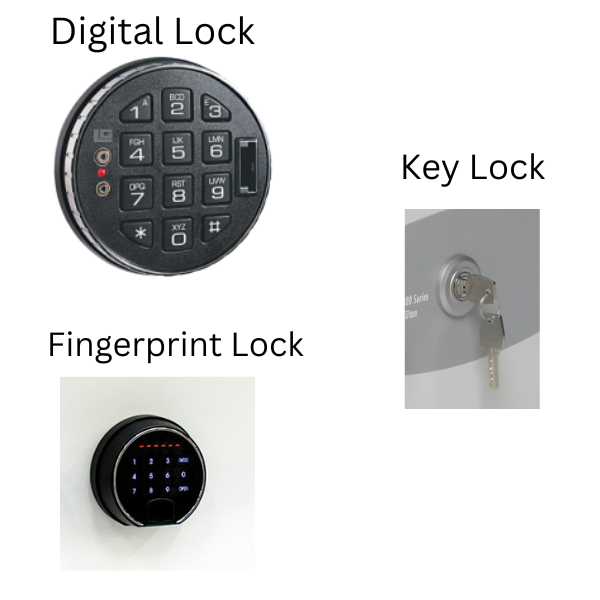
- Accessibility: Think about how often you will need to access the safe and the level of convenience you desire. Electronic keypads or biometric locks offer quick access, while traditional combination locks or key locks may take more time to open.
- Certification and Ratings: Check for certifications and ratings from independent organizations that validate the safe’s security features. Examples include Underwriters Laboratories (UL) ratings for fire resistance and the Residential Security Container (RSC) rating for burglary protection.
- Price and Budget: Set a budget for your safe purchase and explore options within that range. Balance the cost with the level of security and features offered by the safe.
- Warranty and Support: Research the warranty provided by the manufacturer and any after-sales support available. Consider factors such as repair services, customer support, and the reputation of the manufacturer or brand.
By considering these factors and conducting thorough research, you can make an informed decision and select a safe that best meets your security needs and requirements.

